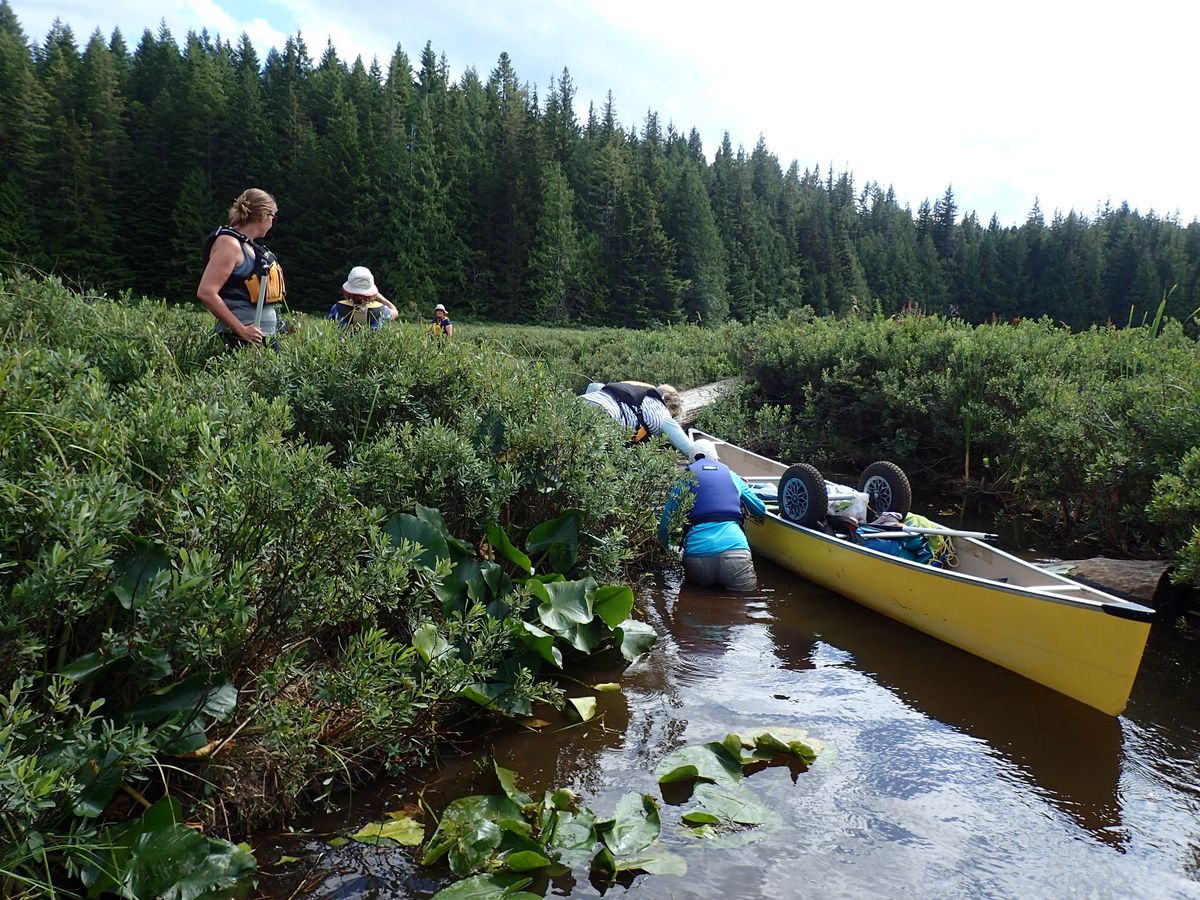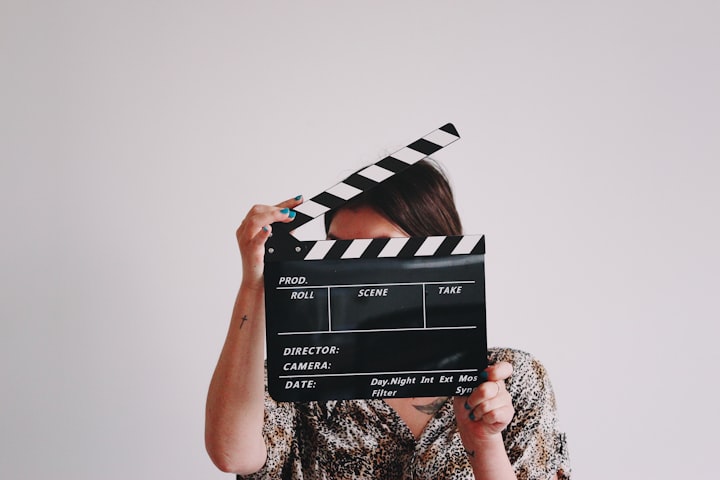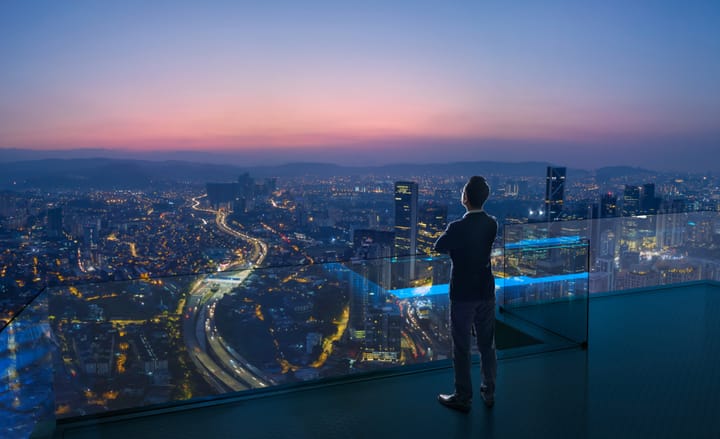When my summer job making whitewater videos ended, I moved to Ottawa to look for work. It was late fall and I had no money, friends or contacts. My family thought I was crazy. If I would just move back home to Toronto, I could live with my parents in a lovely neighbourhood, get a good job at Canada Post with my Dad, brother and sister-in-law and be set for life. But I wanted to keep paddling whitewater. And I wanted to work in TV.
So I spent the next few months walking for miles all over the city (no $$ for the bus) through snow and sub-zero temperatures, to hand deliver hand-typed resumes. (Yes, I'm old). Eventually, I got a call. Don Wright from Image Projections liked the way I'd written my cover letter and wondered if I could do some writing for them. Which kicked off an amazing 20+ year TV career.
But that's not the only benefit I got from challenging myself and doing something hard. I also learned that I could overcome obstacles and find work when I needed to, a critical lesson that made it much easier for me to take risks in the future. In fact, I went on to blow my life up several times after that, supported by the knowledge that I'd done it before and survived.
I'd become resilient, without knowing it.
Resilience is one of those terms we hear floating around these days but don't really understand or talk about. Basically, it's the strength that comes from living through adversity. And it's something that's becoming increasingly important as we see anxiety rates soaring across society.
Resilience gives us the confidence and courage to take calculated risks, to step up in times of crisis, to get uncomfortable so we can try or invent something new. It's essential to our well-being and future survival.
Unfortunately, it's also something much of society is short on. Life has become easy and comfortable for those of us with privilege, so much so that we've stopped challenging ourselves or getting out of our comfort zone to build new knowledge and skills.
For many, achieving this level of ease has been their lifelong goal. But it can backfire when the bubbles we're living in burst. We lose our job. Break up with our partner. Have a car accident.
And we realize that we're not equipped to cope. Not just with these kinds of big events, but even the smaller everyday stresses, like breaking our phone or having a flight cancelled. This lack of resilience takes a toll, showing up at home and affecting performance in the workplace.
Building resilience isn't the kind of thing you can tackle through a formal HR program or weekend workshop. I believe that it's cultural – a mindset we need to develop and practice.
And it doesn't have to feel like work. We can do it by challenging ourselves physically, mentally, and emotionally through things like exercise and outdoor activities, volunteering and the arts, travel and education. We can build resilience simply by choosing to try something that takes us out of our comfort zone, like cooking a new meal. Then the next time we face a real challenge, we'll remember how we were able to overcome adversity before. And will feel stronger, braver and better prepared to do it again.
If you want to build resilience in yourself or your team, start by looking at how often you step out of your comfort zone. Do you actively model that behaviour or shy away from it? What stories do you tell about taking on challenges; do you celebrate or discourage it? Then look for opportunities where you can build resilience together.
We can't control the future. But we can prepare for it. Developing resilience is a great start.
Find out more about leading and building resilience at work from BetterUp and see what McKinsey has to say about organizational resilience. And if you really want to be inspired, watch this video from Kara Lawson, the coach of Duke's women's basketball team about why we need to "handle hard better".





